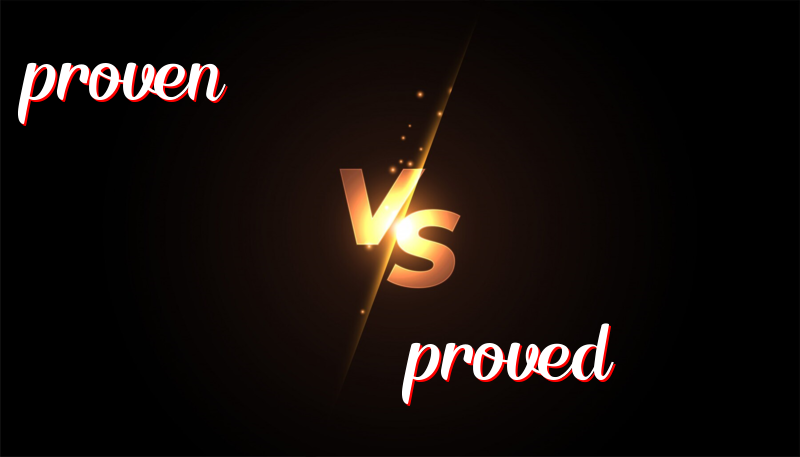Proven vs. Proved: Understanding the Difference
Proven vs. Proved:
In English, we have two words: “proven” and “proved.” Even though they have similar meanings, there is a trick to remember when to use each one.
History:
The word “proved” has been used for a longer time than “proven.” “Proven” came into use later as a variant of “proved.” Both words are correct, but they are used in slightly different ways.
How to Use Them:
We use “proved” when talking about something that has been demonstrated or shown to be true. “Proven” is used when we want to say that something has been established or confirmed to be true.
Trick to Remember the Difference:
Remember that “proved” is more about demonstrating something, while “proven” is about something being confirmed.
Examples of Using Proved:
1. She proved her point with solid evidence.
2. The experiment proved that the theory was correct.
3. He proved to be an excellent student.
4. The detective proved the suspect’s guilt.
5. The witness’s testimony proved the defendant’s innocence.
Examples of Using Proven:
1. Her hard work proven her dedication to the team.
2. It has been proven that exercise is good for your health.
3. The theory was proven to be accurate.
4. His skills have proven invaluable in the project.
5. The document has proven to be authentic.
Summary:
Use “proved” when showing or demonstrating something to be true. Use “proven” when confirming or establishing something as true. Remember this trick: “proved” for demonstrating, “proven” for confirming.

Leave a Reply
You must be logged in to post a comment.